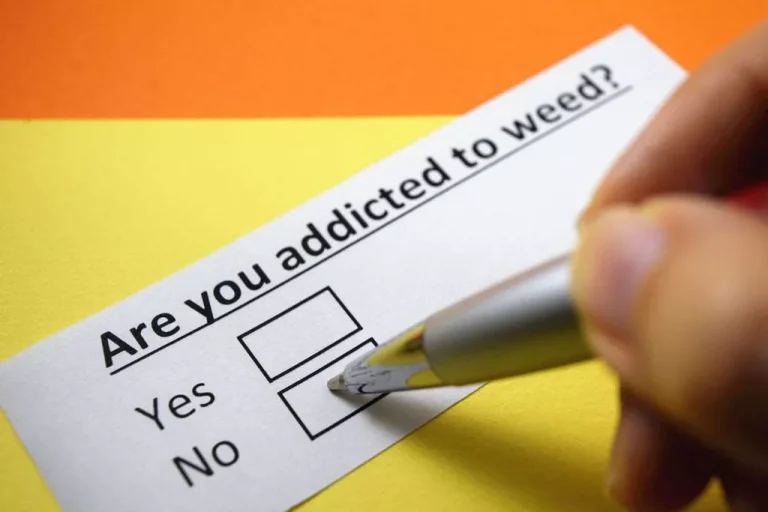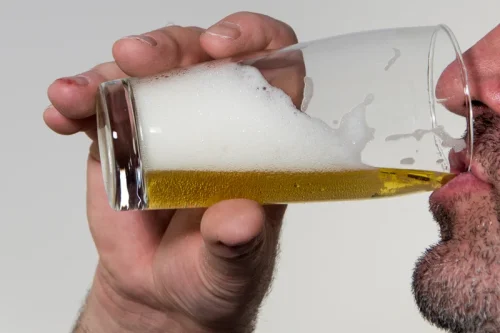
Avoiding those foods can help you avoid sneezing after eating in the future. Stress and other strong emotions can even why does alcohol make me sneeze trigger sneezing. When you experience stress, your body releases hormones and chemicals, including histamine.

Can you suddenly develop alcohol intolerance?
- A true allergic reaction happens when your immune system goes into overdrive to attack something it sees as a threat.
- If you find that straight spirits make you sneeze, try diluting them with water or soda before you drink them.
- If you’re frequently sneezing after drinking, you must see a doctor as there may be an underlying condition that needs to be treated.
- These symptoms could mean you have severe allergies or some type of infection.
White wine tends to contain higher levels of sulfites than red wine and beer. Aldehyde dehydrogenase (ALDH2) is an enzyme that your body uses to digest alcohol. It turns alcohol into acetic acid, a main component of vinegar, in your liver.
- The older you get, the stronger the effects of alcohol may feel, even when you drink the same amount as before.
- You may develop many symptoms, but you won’t have an anaphylactic reaction.
- If you’re allergic to alcohol, you may experience hives, itching, swelling, difficulty breathing, and wheezing.
- To make yourself sneeze, you can stimulate your trigeminal nerve (fifth cranial nerve).
- If you’re looking for a way to prevent sneezing when you drink, try making your cocktails with fresh fruit juices instead of using pre-made mixes.
Mixing Alcohol With Medications: Why It’s Dangerous
An alcohol allergy is rare but could potentially be fatal. However, a person is usually allergic or intolerant to certain ingredients in the drink, rather than the alcohol itself. An allergic reaction might not occur the first time a person encounters an allergen. However, they can come on suddenly, and a person could develop an alcohol allergy at any point in their life.
- One in three people can make themselves sneeze by looking at a bright light.
- While just about anything can trigger an allergic reaction, some things (like a bee sting, peanuts, and certain foods) are more likely to trigger allergic reactions than others.
- Those who notice an increase in their asthma symptoms after drinking alcoholic beverages, especially wine, might be reacting to potassium metabisulfite, a common preservative.
- Occasionally, a doctor may ask a person to consume alcohol in a medical setting and observe any reactions or symptoms.
- One study even found that you can give patients a placebo, tell them it’s a placebo, and it will still decrease their symptoms.
- An alcohol allergy is when your body reacts to alcohol as if it’s a harmful intruder and makes antibodies that try to fight it off.
Mild and Moderate Reactions
This is likely because wine contains histamines, which trigger allergies. If you’re allergic to wine, you may notice that you sneeze more after drinking it. It’s also possible that your alcohol-induced nausea is a gastrointestinal issue.
Why does red wine cause headaches? It may be flavanol’s fault
If you’re allergic to a specific grain, beer won’t be your only problem. You’ll also experience symptoms when you eat other food products containing that allergen. If your symptoms are very mild, you may have a food sensitivity rather than a true allergy. It can be uncomfortable, but it’s not an immune system response and isn’t as serious. It is important to know that alcohol intolerance can lead to a drop in blood pressure, which can bring on a feeling of faintness or dizziness.
What are the symptoms of alcohol intolerance?
This will reduce the alcohol in the drink and make it less likely to trigger a sneeze. In this article, we’ll explore why sneezing and alcohol sometimes go hand-in-hand. We’ll also provide tips on avoiding sneezing when you drink. Snatiation is a combination of the words “sneeze” and “satiation,” which means being full or satisfied.
Alcohol Allergy Treatment and Prevention
Why am I allergic to beer?
